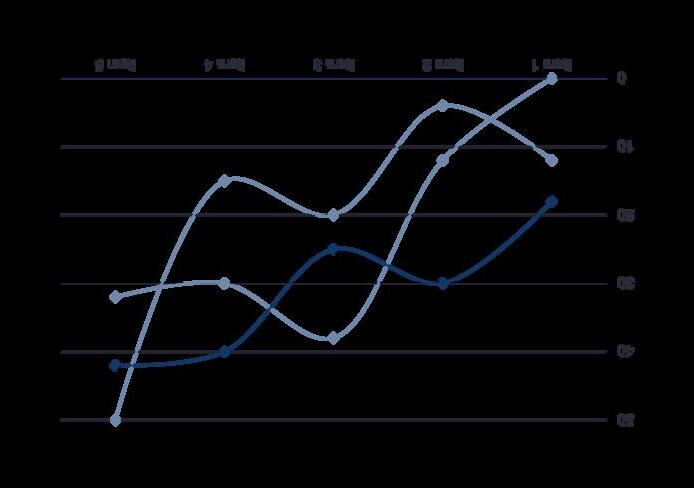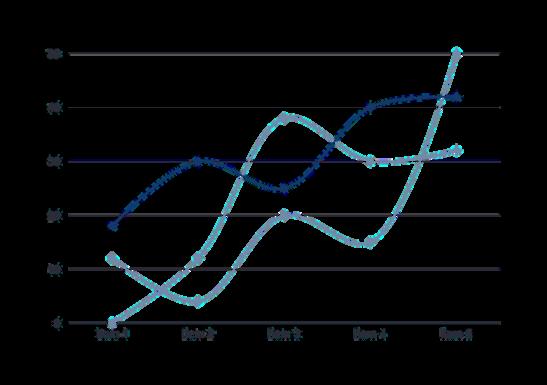












The global cell-free expression kit market was valued at USD 909 million in 2024. The market is projected to grow from USD 975 million in 2025 to USD 1,519 million by 2031, exhibiting a compound annual growth rate (CAGR) of 7.8% during the forecast period.
Cell-free expression systems enable in-vitro protein synthesis by utilizing cellular machinery for transcription and translation, bypassing the need for transfection and cell culture. These kits offer rapid production of small-scale functional proteins, making them indispensable tools for research in synthetic biology, drug discovery, and protein engineering. Key formats include E. coli-based, rabbit reticulocyte, wheat germ, insect cell, and mammalian cell-free expression systems.







USD 909 million in 2024.
2032
USD 1,519 million by 2031
CAGR of 7.8%


E. Coli Cell-Free Expression Segment Dominates the Market Due to its Cost-Effectiveness and Versatility in High-Throughput Applications

The market is segmented based on type into various cell-free expression systems, each tailored to specific protein production needs and offering distinct biochemical environments for optimal yield and functionality.
E. Coli Cell-Free Expression

Subtypes: Based on extract sources like S30 and PURE systems
Rabbit Reticulocytes Cell-Free Expression
Wheat Germ Cell-Free Expression
Subtypes: Including coupled transcription-translation variants
Insect Cells Cell-Free Expression
Subtypes: Sf9 and Sf21 extract-based systems



By Application

Pharmaceutical Companies Segment Leads Due to High Demand in Drug
Discovery and Biotherapeutic Development
The market is segmented based on application into key end-use areas, reflecting the diverse roles of cell-free expression kits across industries and research domains.

Pharmaceutical Companies
Academic Research Institutes
Others

https://www.24lifesciences.com

Thermo Fisher Scientific
Cube Biotech
Merck KGaA
New England Biolabs
Creative Biolabs
Creative BioMart
Promega






https://www.24lifesciences.com



